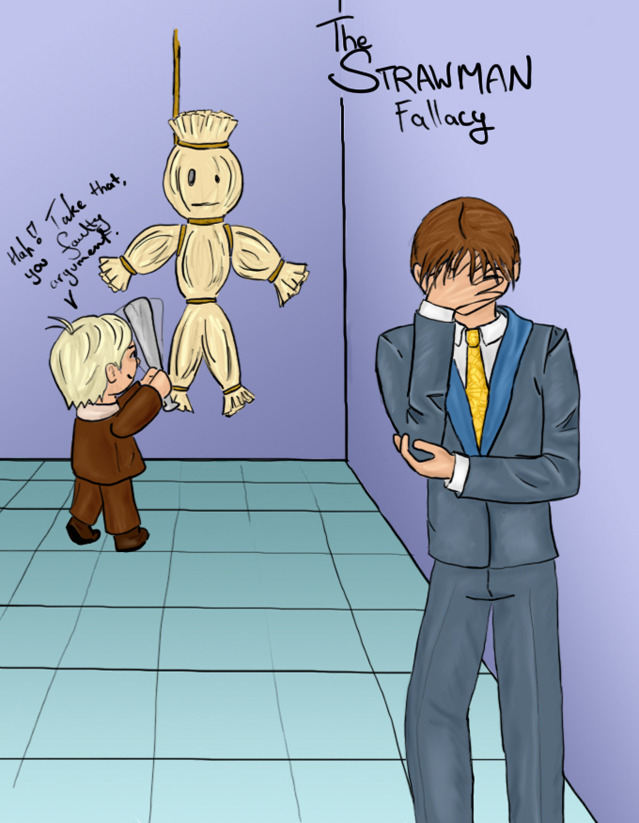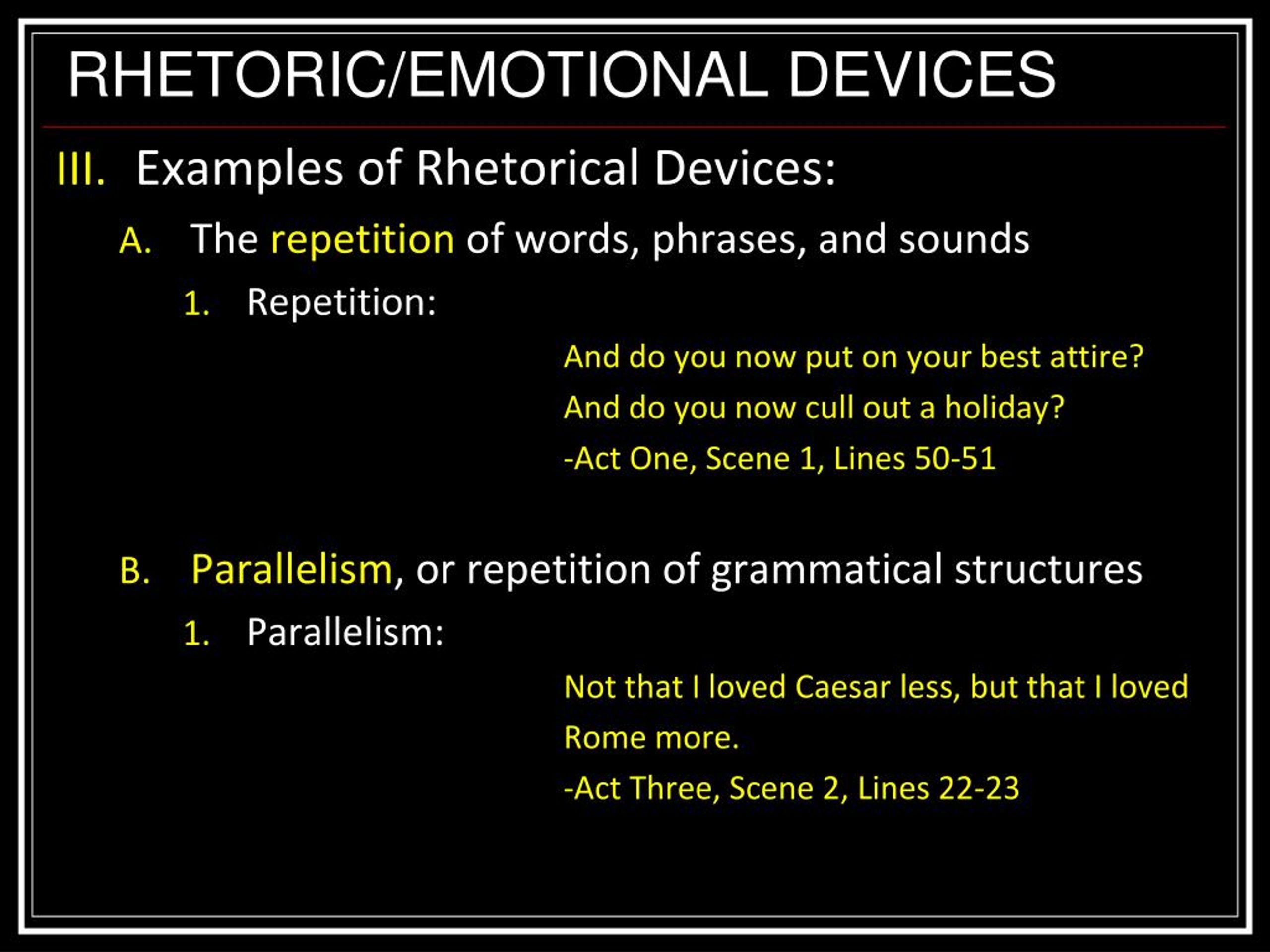

New York: Basic Books, 2000.Latin Alternative forms Feeling Beauty: The Neuroscience of Aesthetic Experience. DeKalb, IL: Northern Illinois University Press, 2006. Political Emotions: Aristotle and the Symphony of Reason and Emotion. “Feeling, Emotion, Affect.” M/C Journal 8, no. Cambridge: Cambridge University Press, 2003. Upheavals of Thought: The Intelligence of Emotions. Chicago, IL: University of Chicago Press, 2001. Aristotle’s Theory of Language and Meaning. “Capturing Desire: Rhetorical Strategies and the Affectivity of Discourse,” British Journal of Politics and International Studies 18, no. “Aristotle’s Cognitive Science: Belief, Affect and Rationality.” Philosophy and Phenomenological Research 89, no. “The Turn to Affect: A Critique,” Critical Inquiry 37, no. Chicago, IL: University of Chicago Press, 2000.

“Navigating the Genealogies of Trauma, Guilt, and Affect: An Interview with Ruth Leys.” By Marlene Goldman. “Facts and Moods: Reply to My Critics.” Critical Inquiry 38, no. “Affect and Intention: A Reply to William E Connolly.” Critical Inquiry 37, no. The Emotional Brain: The Mysterious Underpinnings of Emotional Life. University Park, PA: Penn State University Press, 1999. Retrieving Political Emotion: Thumos, Aristotle and Gender and Emotion. Age of Insight: The Quest to Understand the Unconscious in Art, Mind, and Brain From Vienna 1900 to the Present. Palo Alto, CA: Stanford University Press, 2015. The Emotional Politics of Racism: How Feelings Trump Facts in an Era of Colorblindness. Baltimore, MD: Johns Hopkins University Press, 2012.įrank, Adam and Elizabeth A. A Biocultural Approach to Literary Theory and Interpretation. Cambridge, MA: Harvard University Press, 1991.Įasterlin, Nancy. The Origins of the Modern Mind: Three Stages in the Evolution of Culture and Cognition. “Emotion, Cognition, and Behavior.” Science 298, no. New York, Mariner Books, 2000.ĭolan, J.R.


The Feeling of What Happens: Body and Emotion in the Making of Consciousness. “The Complexity of Intention.” Critical Inquiry 37, no. “Rationalism.” In Encyclopedia Britannica, last modified May 5, 2015.Ĭonnolly, William E. Penn State Electronic Classics Publication.īanchard, Bland. Talahassee: Florida State University Press, 1981. 4 (2012): 878–881.Īristotle, Aristotle’s Poetics: A Translation and Commentary for Students of Literature. “Affect, Intentionality, and Cognition: A Response to Ruth Leys.” Critical Inquiry 38, no. New York: Palgrave Macmillan, 2013.Īltieri, Charles. Resistance to Learning: Overcoming the Desire Not-To-Know in Classroom Teaching. Carbondale: Southern Illinois University Press, 2002. Changing the Subject in English Class: Discourse and the Constructions of Desire. This process is experimental and the keywords may be updated as the learning algorithm improves.Īlcorn, Marshall. These keywords were added by machine and not by the authors. Moreover, his understanding of this overlap can be seen in his analysis of narrativeĪnd in his account of persuasive discourse in the ” “emotion” side of the dyad, governed by affectively attuned non-linguistic cognition, and also a role on the “reason,” “belief,” or “human” side, where linguistically mediated beliefs shape human cognition. Reason and emotion, rather than being separate, overlap onĪccount. Systems operating usually below consciousness determine in advance what comes to be claimed as “reason.” Aristotle’s attention to this question led him to develop, in place of a Reason/Emotion binary, a “ phantasia/belief” alternative, one in which affect plays a role in Challenges to Plato’s binary argue that reason is not primary, in human action and thought, but secondary. Affective Affect, in contrast, disables reason’s competence. Contemporary affect theory has challenged traditional assumptions about human reason. Since Plato, Western culture has seen human behavior according to a sharp Reason/Emotion binary. Reason promises a pure efficacy to determine action.


 0 kommentar(er)
0 kommentar(er)
